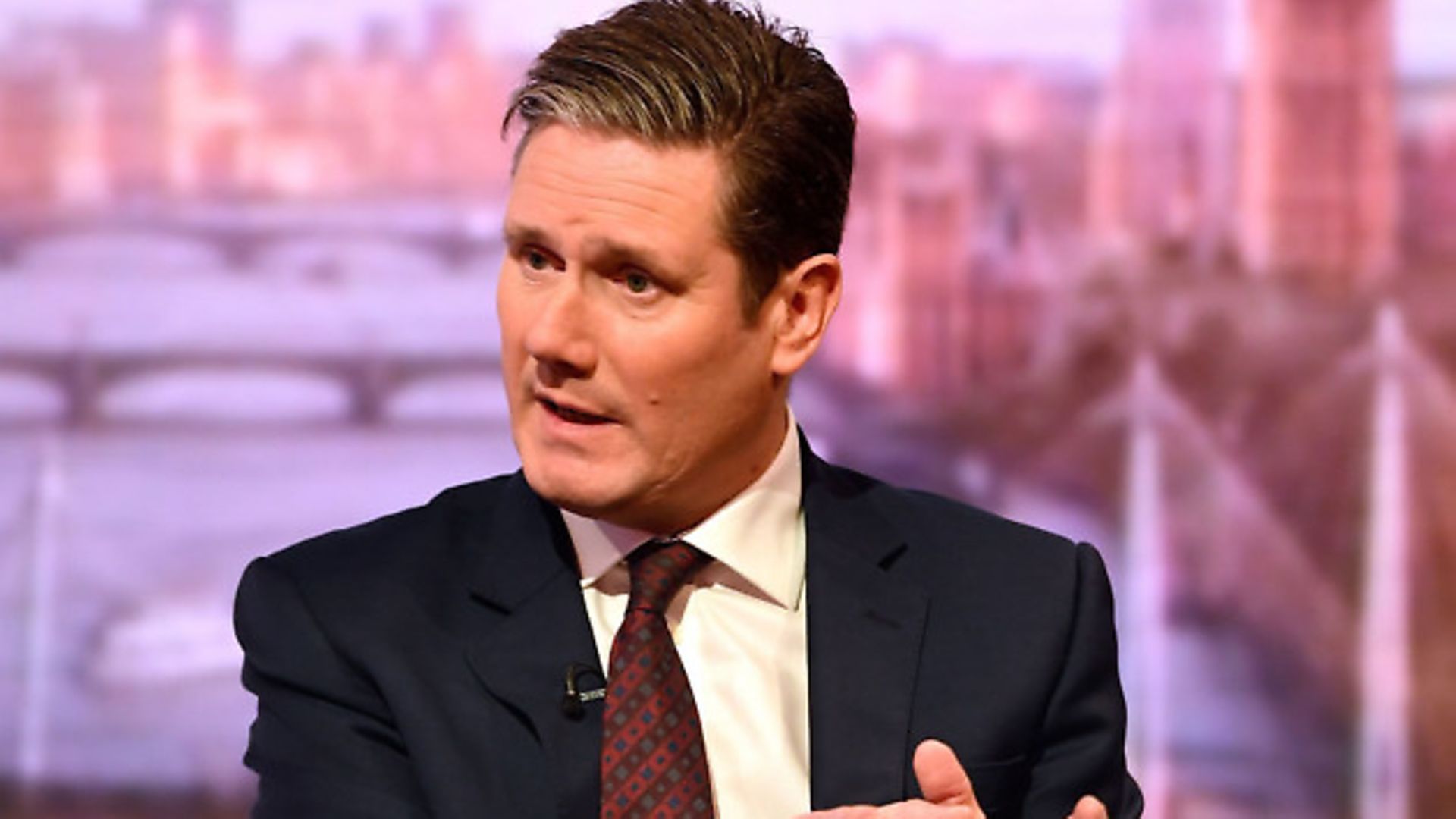
For months, Labour has been pressing the Prime Minister to disclose her Brexit negotiating objectives. When we won an Opposition Day motion last December calling for a plan to be published, it became inevitable she would have to do so.
Yet on Tuesday we got a speech, not a plan. That is no substitute.
The speech, though billed as a full exposition of the Government’s negotiating objectives, in fact, contained many gaps, inconsistencies and uncertainties.
The headline issue was the Prime Minister’s determination to take the highly risky course of leading the UK out of membership of the single market and the full customs union on a promise of negotiating a ‘comprehensive’ free trade agreement.
That is to swap a known good for an uncertain hope.
The pressure on the Prime Minister to deliver will be intense.
The gaps in the plan are many. Although the Prime Minister talks of controlling our borders, she has given no indication of what that means in practice. No one expects the detail at this stage, but we have not even got a direction of travel.
Nor has the Prime Minister been open about the real challenges ahead. She promises that ‘our laws will be made in Westminster, Edinburgh, Cardiff and Belfast … and interpreted by Judges not in Luxembourg but in courts across this country’.
But, as she well knows, the comprehensive free trade agreement she says she wants to negotiate will require a dispute resolution mechanism. That will inevitably involve rulings by Judges or tribunals independent of both the UK and the EU. If that basic feature is not in place, citizens and businesses will have nowhere to turn when the terms of any free trade agreement are not adhered to.
Sooner or later, the Prime Minister will have to admit this.
The inconsistencies in the speech are obvious. The Prime Minister wants a comprehensive free trade agreement. That will require very careful negotiation, great care and considerable detail. Yet the Prime Minister suggests that it can be done in two years, leaving only a phased implementation stage. She is wrong about that; transitional arrangements are highly likely.
On the subject of inconsistencies, the Prime Minister rightly emphasises the need for continued co-operation in the field of security and criminal justice. Yet she also says that the Government does not ‘seek to hold on to bits of membership as we leave’. One ‘bit’ of membership is Europol, which shares policing intelligence across the EU; another is Eurojust, which co-ordinates the investigation and prosecution of serious crime and terrorism. Having worked with these agencies for many years, I know how important they are.
The same arguments can be made about the European Medicines Agency, which regulates the quality, safety and provision of medicine across the EU and the European Aviation Safety Agency, the title of which speaks for itself.
The uncertainties in the Prime Minister’s speech were the most plentiful. Not least the utter lack of clarity about her objectives in relation to a customs union. Across Europe there is bafflement about her intentions.
Having travelled up and down the country over the last three months talking to businesses, trade unions and workers I have heard loud and clear what their priorities are for Brexit.
Businesses must be able to trade with the EU without new tariffs or impediments, including harmful divergence from EU regulatory regimes. The competitiveness of our services and manufacturing sectors must be protected and existing protections at work provided by the EU must be maintained.
The Prime Minister has now accepted the thrust of these demands. She has promised to aim for ‘tariff free trade with Europe’ a deal that has ‘freedom to provide financial services across national borders’ and indicated that she wants to ‘protect the rights of workers’ set out in European legislation.
Labour will now hold her to those commitments. The ball is in the Prime Minister’s court and she will have to deliver.
The Prime Minister has set out high hopes. She now needs a viable plan for delivery.
The part of the speech that should not have been delivered was the open threat – before negotiations even start – to destroy our economic model if the Prime Minister’s ambitions are not met.
There is no mandate for such a reckless act of self-harm and Labour will oppose it all the way.
That is why the vote at the end of the negotiating period is important. It puts grip into the process and will act as a brake on the Prime Minister’s threat.
The Prime Minister objectives set a high bar. Her task now is to deliver. Labour will hold her to that.









